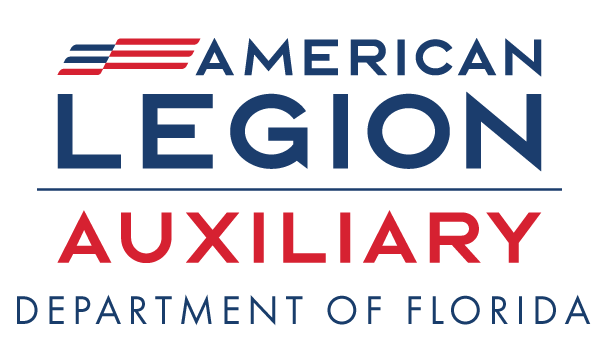Purpose
Community Service embraces all activities for improvement of conditions of life in the community where the American Legion Auxiliary unit is located. It has been a major activity of The American Legion and Auxiliary since 1926, and has resulted in the completion of a vast number of projects to make American communities better places in which to live. Every Auxiliary Unit is expected to carry out or cooperate in at least one project for community betterment each year.
Each unit should have a Community Service Committee in charge of Community Service projects. It is the duty of this committee to study community needs, recommend projects to the Unit, then lead in the accomplishment of projects adopted, and report the work to the Department Community Service Committee.
Support of Community Service projects of The American Legion Post is, of course, a first responsibility of the American Legion Auxiliary Unit. In almost every American Legion project there will be phases in which the Auxiliary can give effective help.
Cooperation should also be given to other organizations working on practical, worthwhile projects for community improvement, and their cooperation in projects initiated by the Auxiliary can be asked. The greatest achievement is made when in the interest and efforts of the entire community are enlisted in support of a project.
Duplication of the efforts of other organizations must be avoided. Before selecting a project, the unit should make sure that no other local organization is at work in that field. Cooperate with other groups - do no compete with them. "Initiate, cooperate, but do not duplicate" has long been the watchword of the American Legion Auxiliary in Community Service.
The selection of a Community Service project should be given very careful thought. A Unit will be fulfilling its obligation if it undertakes and completes one Community Service project each year. Initiate, if necessary, cooperate with the American Legion and other organizations where possible; but never duplicate the work of other organizations.
Go easy at first. Try small projects, carrying them to completion. Experience will teach the Unit the type of projects which the community will support and which are within the ability of the Unit to accomplish. Plan your projects - work your plan - publicize your results.



